Max Richter – Voices
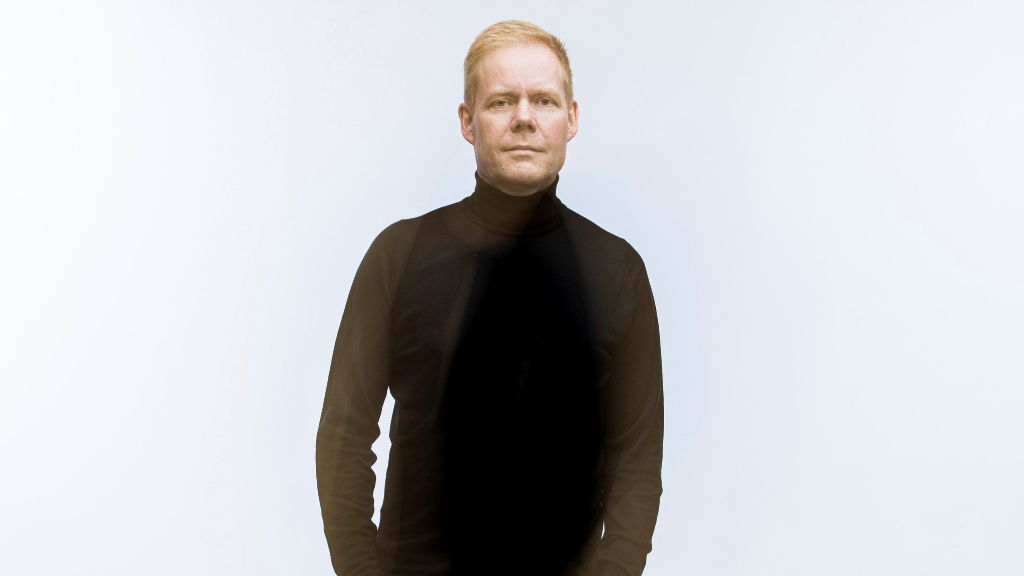
A thought-provoking, emotional plea for compassion and tolerance in a time of upheaval and division, renowned composer Max Richter’s Voices – a ten-year project – is an exceptional experimental piece based on narrations of the Universal Declaration of Human Rights, written in 1948 and adopted by the United Nations General Assembly. Combining classical with electronic music, Richter employs a chorus, violins, cellos, violas, keyboards and solo vocals – even singing birds, and merges them with often overlapping readings in multiple languages.
Pairing Richter’s inclination for writing atmospheric and soulful symphonies and his passion for activism, Voices is a manifesto of hope, reminding us of one of the most important documents ever inscribed about human rights. Opening with a 1949 transcription of Eleanor Roosevelt’s rendition of the UDHR Preamble, the composition unfolds as a surreal journey into a very genuine and solemn proclamation, weaving speech with strings, piano and choral ensemble performed with grave but lovely, almost religious-sounding tonality.
All Human Beings introduces the recording with exquisite, mournful instrumentals, keyboard, choir, and recitals. Following is a sense of unresolved uncertainty with the languid piano and nascent violins of Origins; birdsong accompanies an evocative chorus in Journey Piece. Contrasting with the soaring yet forlorn strings of Chorale, the pleasantly subtle techno-style electronics of Hypocognition manifest as an interlude of complete tonal break, after which Prelude 6 ebbs back to a graceful keyboard euphony. Subdued and sombre instrumentals meld with faintly enunciated words in Murmuration, and Cartography unifies serene and pensive piano and softly warbling birds with text. With exalted violins and achingly soulful hymn-like chants, Little Requiems is piercingly lovely. Composed earlier than the rest – as a response to the horrors of Guantanamo – Mercy’s strings and piano are both searingly moving and exhilarating.
Most sections are in two or more parts, with a total of 25. With the first CD incorporating UDHR readings, all titles are repeated on a second CD without the spoken element (Voiceless Mix). Also conceived as a visual project with Yulia Mahr, to date three Voices music videos have been released: All Human Beings, Origins and Mercy.
Narrations are by actress Kiki Layne as well as selections from the hundreds of submissions of recited text received by Richter from the public – including a small child quoting in French. Using 24 cellos, 12 double bases, six violas, eight violins, a harp and 12 chorus singers – with Robert Ziegler as conductor – the artist has formed this opus by what he describes as “turning the orchestra upside down in terms of the proportion of instruments”. Much of the piece features solos: Richter’s sublime keyboard as well as superb violin by Mari Samuelsen and admirable vocals by Grace Davidson.
A brilliantly innovative work, Voices provides a much-needed shining light of hope in a troubled world. Serious, earnest, melancholy yet gentle, the sound throughout is deeply inspirational and beautiful. It is an affirmation of life, humanity, equality and justice within the sphere of poignant, exquisite music.
Catherine Sedgwick
Photo: Mike Terry
Voices is released on 31st July 2020. For further information or to order the album visit Max Richter’s website here.
Read our interview with Max Richter here.
Watch the video for Mercy here:



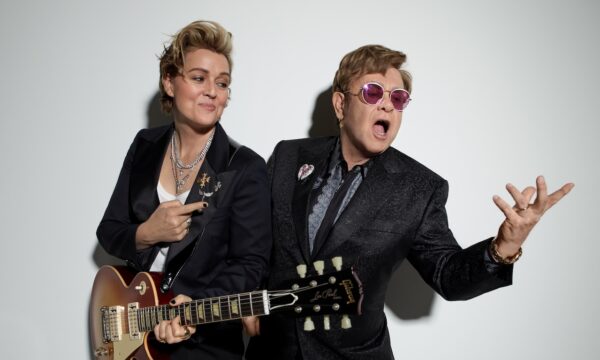
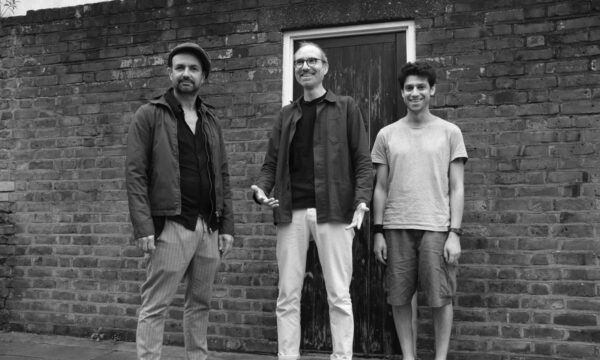

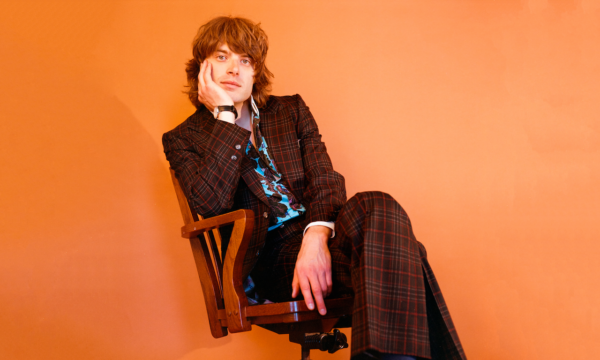

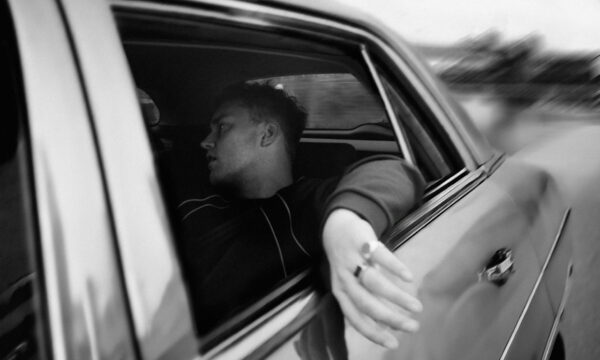
















Facebook
Twitter
Instagram
YouTube
RSS